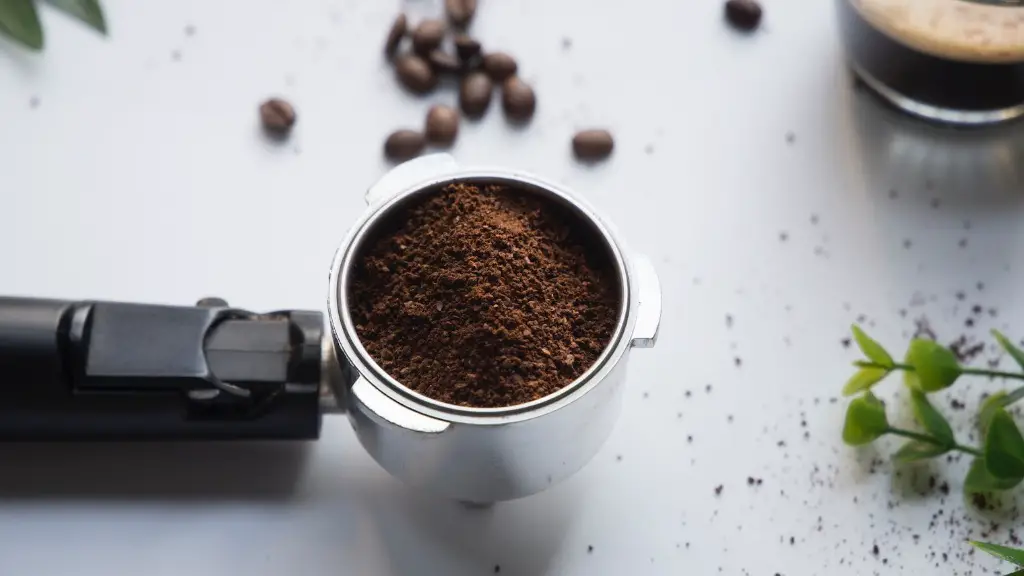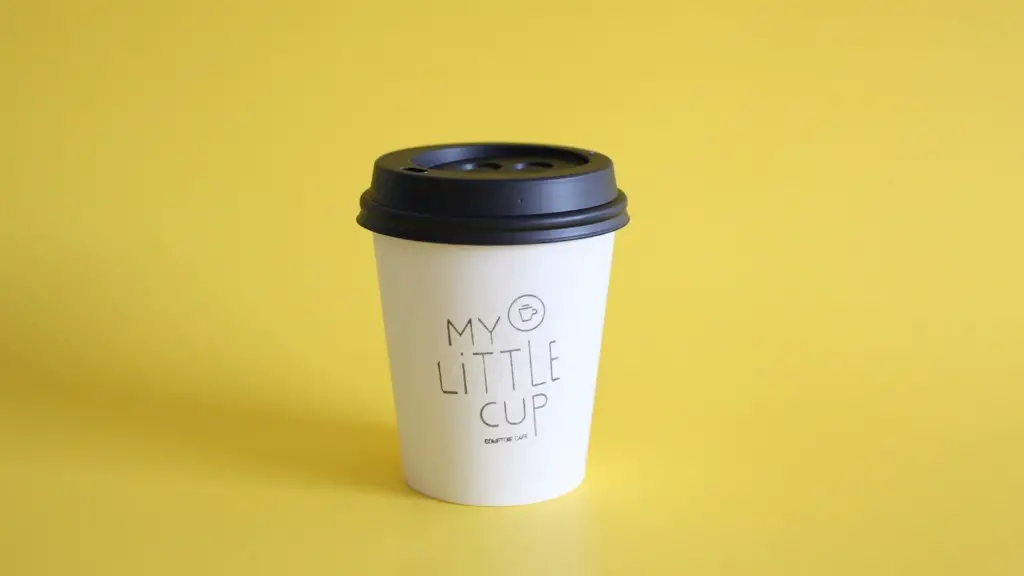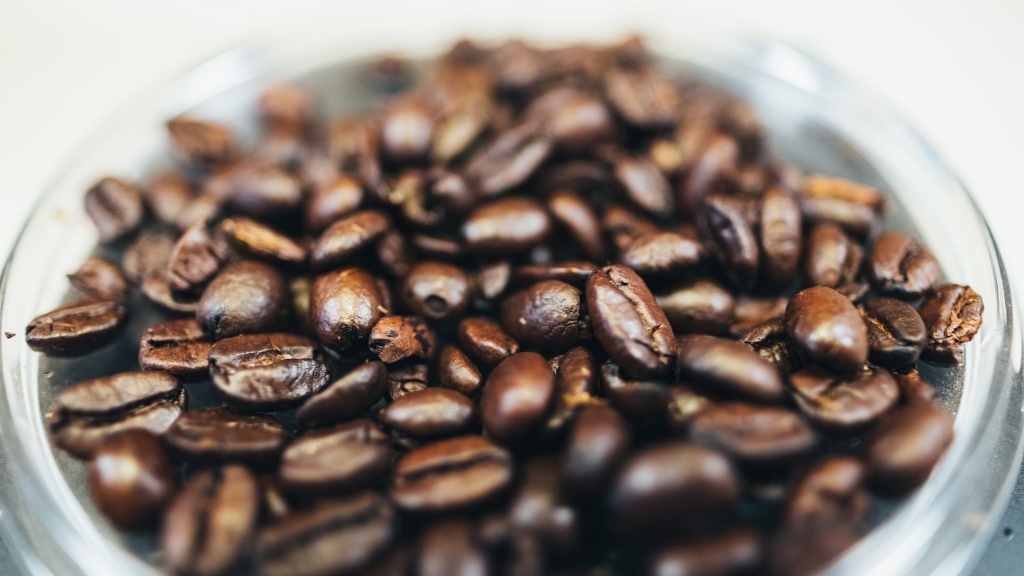What’s the Point of Drinking Decaf Coffee?
Decaffeinated coffee, often referred to as ‘decaf’, is a beverage made from beans that have been processed to reduce their caffeine content. It’s common for people to assume that decaf coffee has no caffeine at all, but that’s not true. Decaf typically contains some caffeine- often estimated around 5-10 mg per cup, compared to the 100-200 mg in a regular cup of coffee.
Despite the presence of some caffeine, decaf coffee is marketed as a product that can still provide an enjoyable experience without the jolt of caffeine-related energy. But why would someone choose to drink decaf and what are the benefits?
The Health Benefits of Decaffeinated Coffee
The primary advantage of drinking decaf is the reduced consumption of caffeine. This may be beneficial for those who are regularly exposed to high-caffeine beverages such as regular coffee and energy drinks. Caffeine can cause health concerns such as anxiety, heart palpitations, and restlessness, so reducing the amount of caffeine can be beneficial for those at risk of such health issues.
Decaffeinated coffee is also a good option for those who need to reduce their caffeine intake for medical reasons. According to experts, pregnant women and those with certain medical conditions such as high blood pressure, heart disease, and diabetes should limit their caffeine intake. Caffeine can also interfere with certain medications, so it’s important to consult with your healthcare provider before consuming decaf.
In addition, decaffeinated coffee may still contain some beneficial compounds, such as antioxidants and chlorogenic acid, which have been linked to improved heart health and a lower risk of type 2 diabetes. While these health benefits remain inconclusive, some studies have suggested that there may be some protective effects associated with drinking decaf coffee.
The Taste of Decaf Coffee
One of the greatest appeals of decaf coffee is that it provides the taste and aroma of regular coffee without the energy boost. This can be beneficial for those who crave the taste of coffee without the associated caffeine intake. Many coffee drinkers enjoy the taste of decaffeinated coffee, especially when it is brewed with high-quality beans.
In addition, the lack of caffeine can make decaf coffee more enjoyable for those who don’t enjoy the bitter, acidic taste of coffee with high caffeine content. Because the coffee beans are processed differently to reduce their caffeine content, the flavor and complexity of decaffeinated coffee may be slightly different than regular coffee.
Finally, decaffeinated coffee can also be a great option for those who are sensitive to caffeine but still want to enjoy a cup of coffee. By drinking decaf, they can enjoy all the great flavors of coffee without feeling jittery or unable to sleep afterward.
The Cost of Decaf Coffee
While some people may be attracted to decaffeinated coffee for the taste or health benefits, the cost can be a deterrent for those who are trying to save money. Generally speaking, decaffeinated coffee costs about 25% more than regular coffee and this price can be even higher for specialty brands.
It’s important to consider the price before making the switch to decaf as it may not always be an economical option. However, if you are willing to make the investment, there are plenty of options when it comes to finding decaffeinated coffee that is good quality and that has the same flavor and complexity as regular coffee.
Usage Of Decaf in Coffee Drinks
In addition to being consumed as a regular cup of coffee, decaffeinated coffee can be used as an ingredient in coffee-based drinks. This can be beneficial for those who are sensitive to caffeine but still want to enjoy a specialty coffee such as latte or cappuccino. Decaffeinated coffee can also be added to coffee-based desserts, such as coffee ice cream or mocha-flavored cakes.
The caffeine content of coffee-based drinks varies depending on the recipe and ingredients used, so it’s important to be mindful of the total caffeine content and adjust your consumption accordingly. For example, an espresso-based latte made with decaffeinated coffee and regular espresso will contain more caffeine than an espresso-based latte made with decaffeinated espresso and regular coffee.
Many coffee shops offer decaffeinated versions of their specialty drinks, so you can still enjoy the flavors and aromas of coffee drinks without overloading on caffeine.
decaf Coffee Alternatives
Finally, there are several alternatives to decaffeinated coffee that are worth considering. Herbal teas, such as rooibos, chamomile, and peppermint, are naturally caffeine-free and can provide the same flavor and aroma as coffee without the stimulative effects. Some non-dairy milks, such as almond and oat milk, also contain naturally low amounts of caffeine that can be beneficial for those who are looking to reduce their caffeine intake.
Ultimately, the decision to drink decaffeinated coffee or look for alternatives depends on your individual needs and preferences. If you’re looking to reduce your caffeine intake, decaffeinated coffee can be a great option that still provides the same enjoyment and flavor as regular coffee.
Alteration of Decaffeination Process
Decaffeination processes vary, but the most commonly used methods involve soaking the green beans in hot water and then using solvents such as methylene chloride or ethyl acetate to extract the caffeine. This method is referred to as ‘solvent-based decaffeination,’ and is widely used in the commercial production of decaf coffee. Another decaffeination method involves using steam to extract the caffeine from the beans.
The decaffeination process can affect the flavor of the coffee and has been linked to an increased acidity in the finished product. So, if you’re looking for a decaffeinated coffee that has the same flavor as regular coffee, it’s best to opt for a product that has been decaffeinated using the steam method to minimize the alteration of the taste.
Decaf Coffee and Caffeine Addiction
Decaffeinated coffee can be a great option for those who are looking to reduce their caffeine intake and combat caffeine addiction. Those who are addicted to caffeine often experience discomfort and withdrawal symptoms when they try to reduce their caffeine consumption, so decaffeinated coffee can help them adjust to lower doses of caffeine more easily. This can be beneficial for those who are serious about reducing their caffeine intake.
Additionally, the lower caffeine content of decaf coffees can make them easier to tolerate for those who are very sensitive to the effects of caffeine. While the effects of caffeine can be stimulating and energizing for some, it can cause irritability and anxiety in others. So, if you’re sensitive to caffeine’s effects, switching to decaf can help reduce your caffeine intake without sacrificing the taste or aroma of coffee.
Decaf Coffee and More
Decaffeinated coffee can be a great choice for many people, but it isn’t the only option. Another choice is to switch to teas, which typically contain much less caffeine than regular coffee. Another option is to look for coffee substitutes, such as dandelion coffee and chicory coffee, which have a similar flavor to regular coffee but are naturally caffeine-free. And of course, there’s always the option of switching to regular coffee with a reduced caffeine content.
Ultimately, by understanding the taste, health benefits, and cost of decaffeinated coffee, you can more easily decide if it’s right for you. If the cost is too high or you prefer teas and other alternatives, there are plenty of options available to still get your coffee fix without overloading on caffeine.





